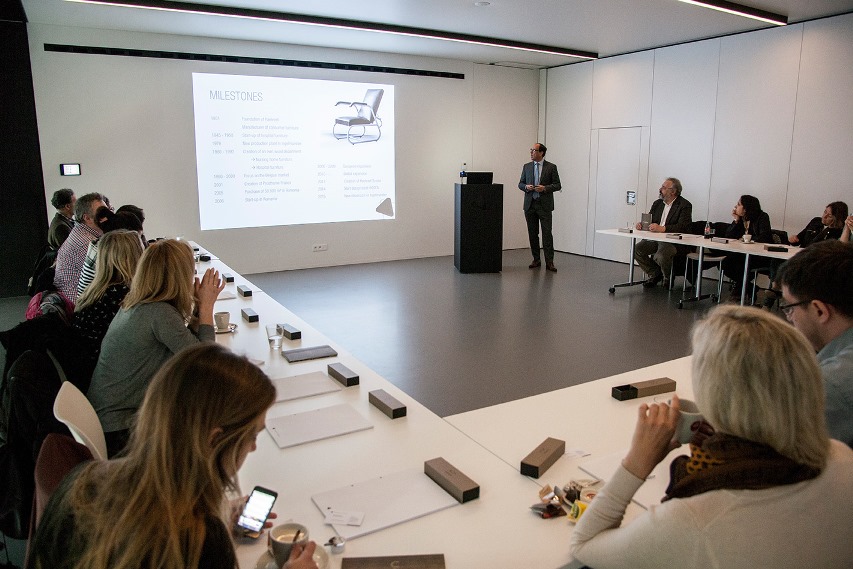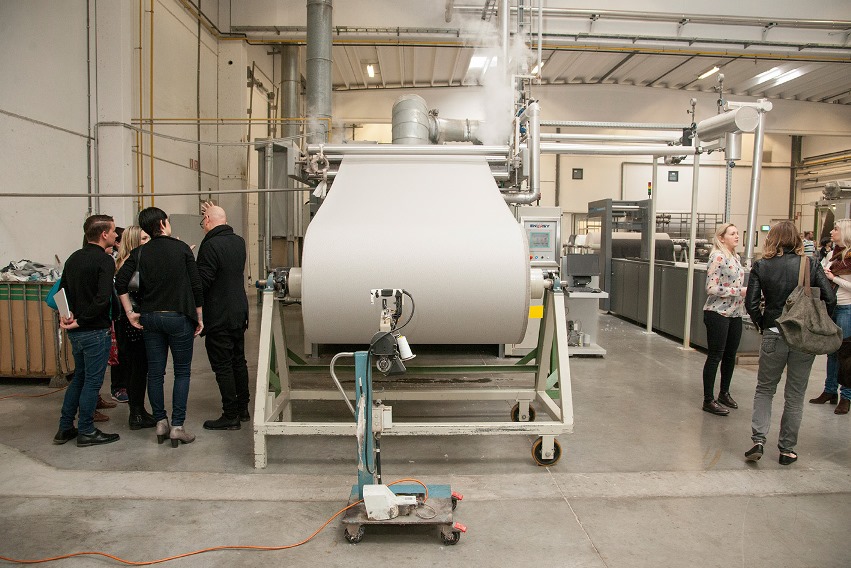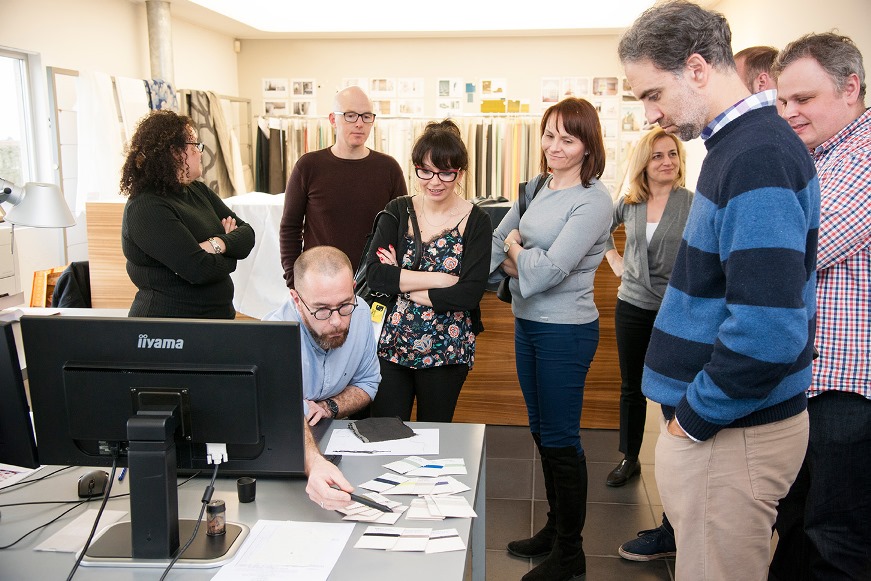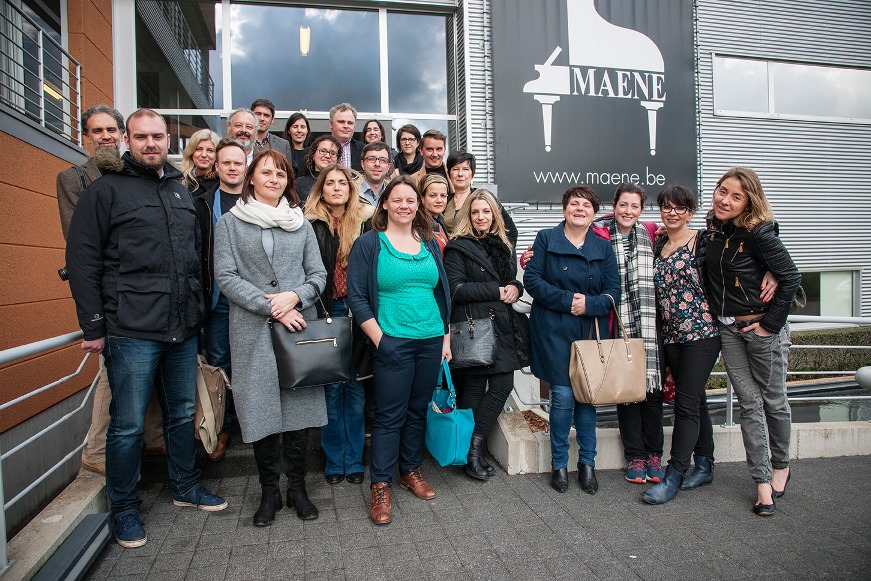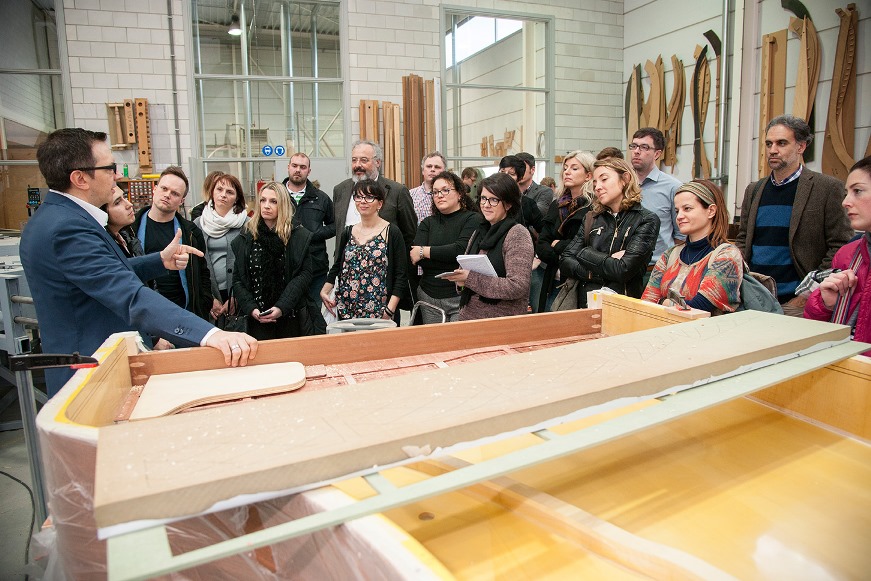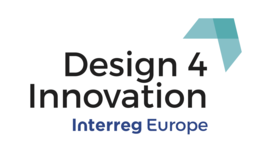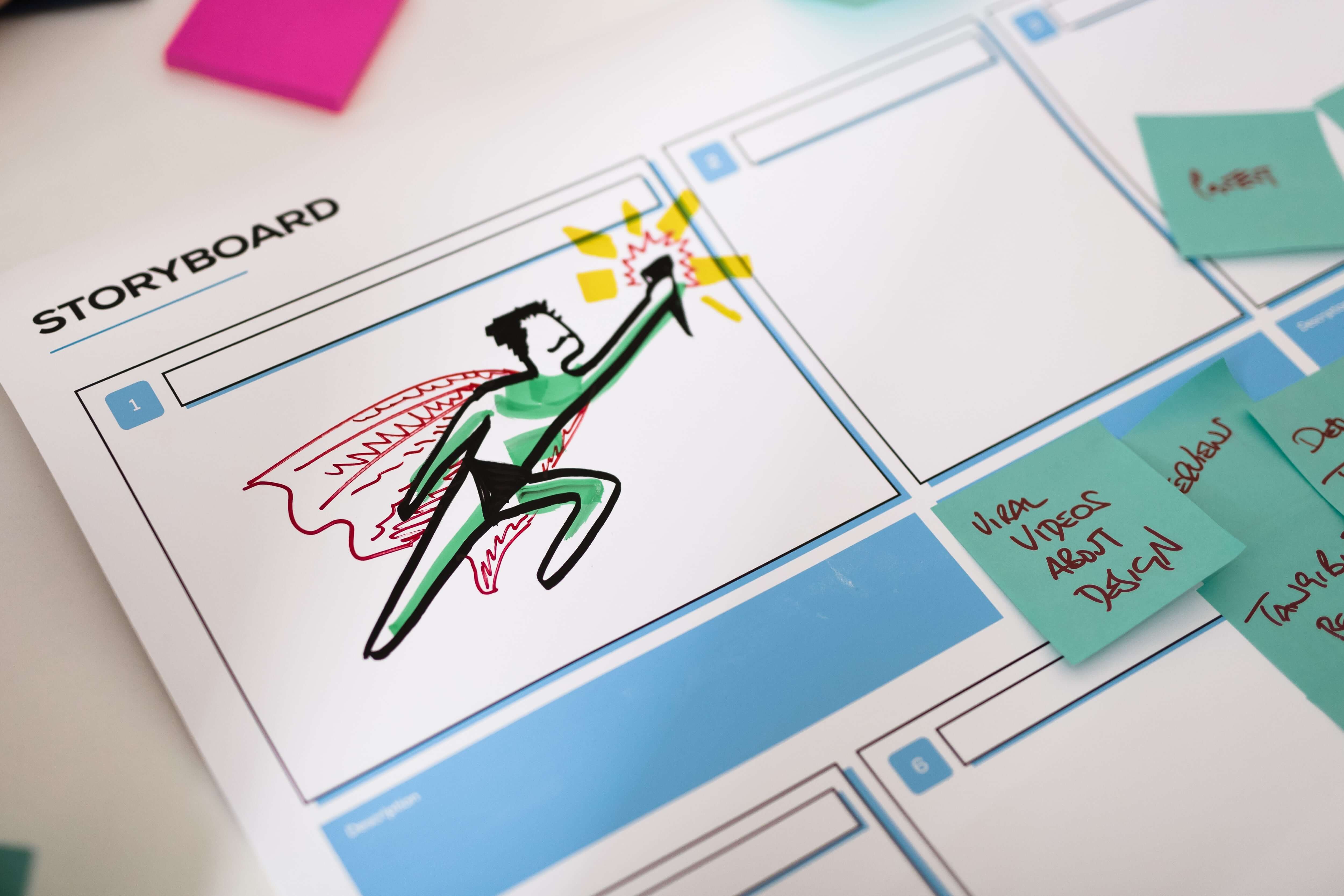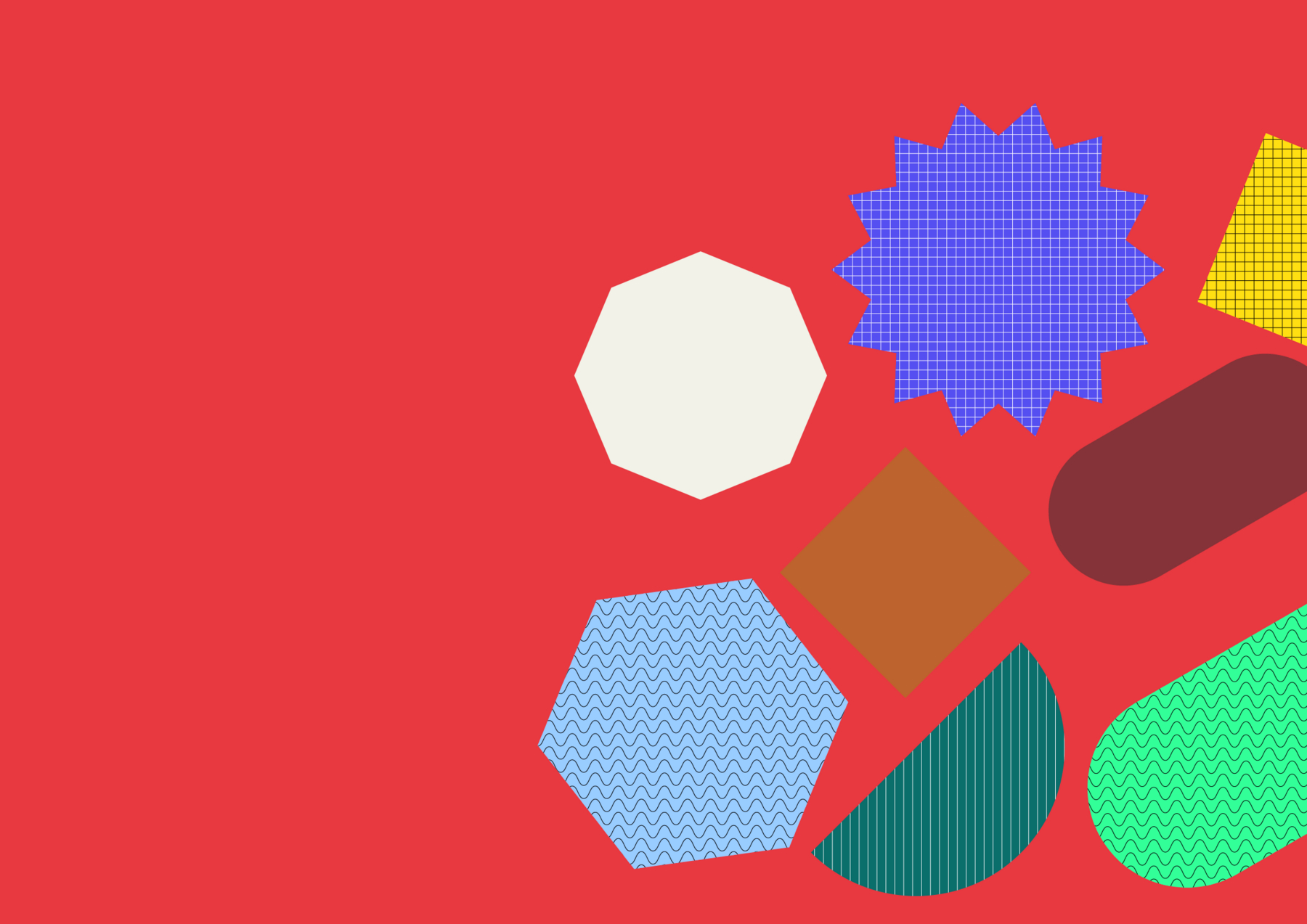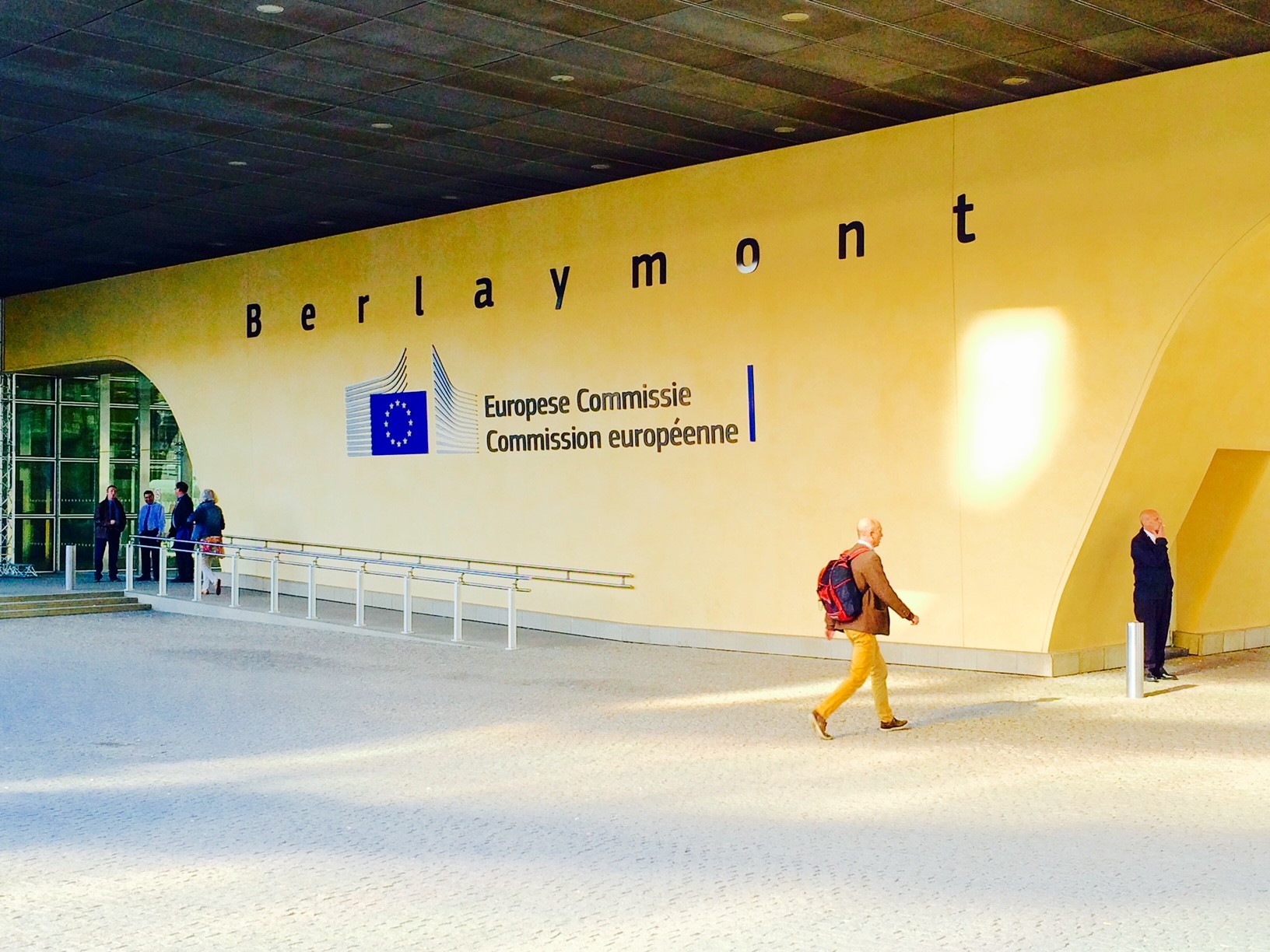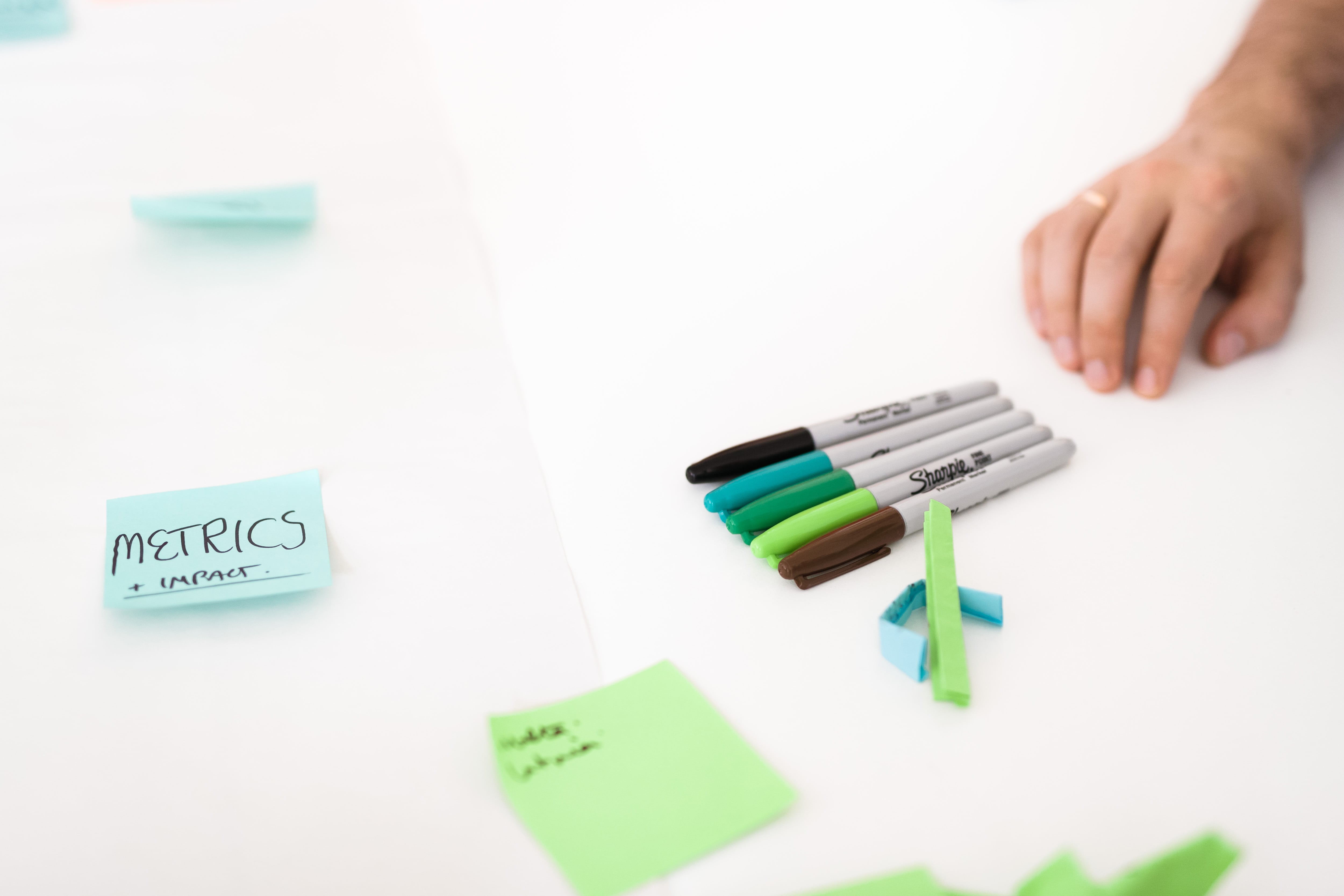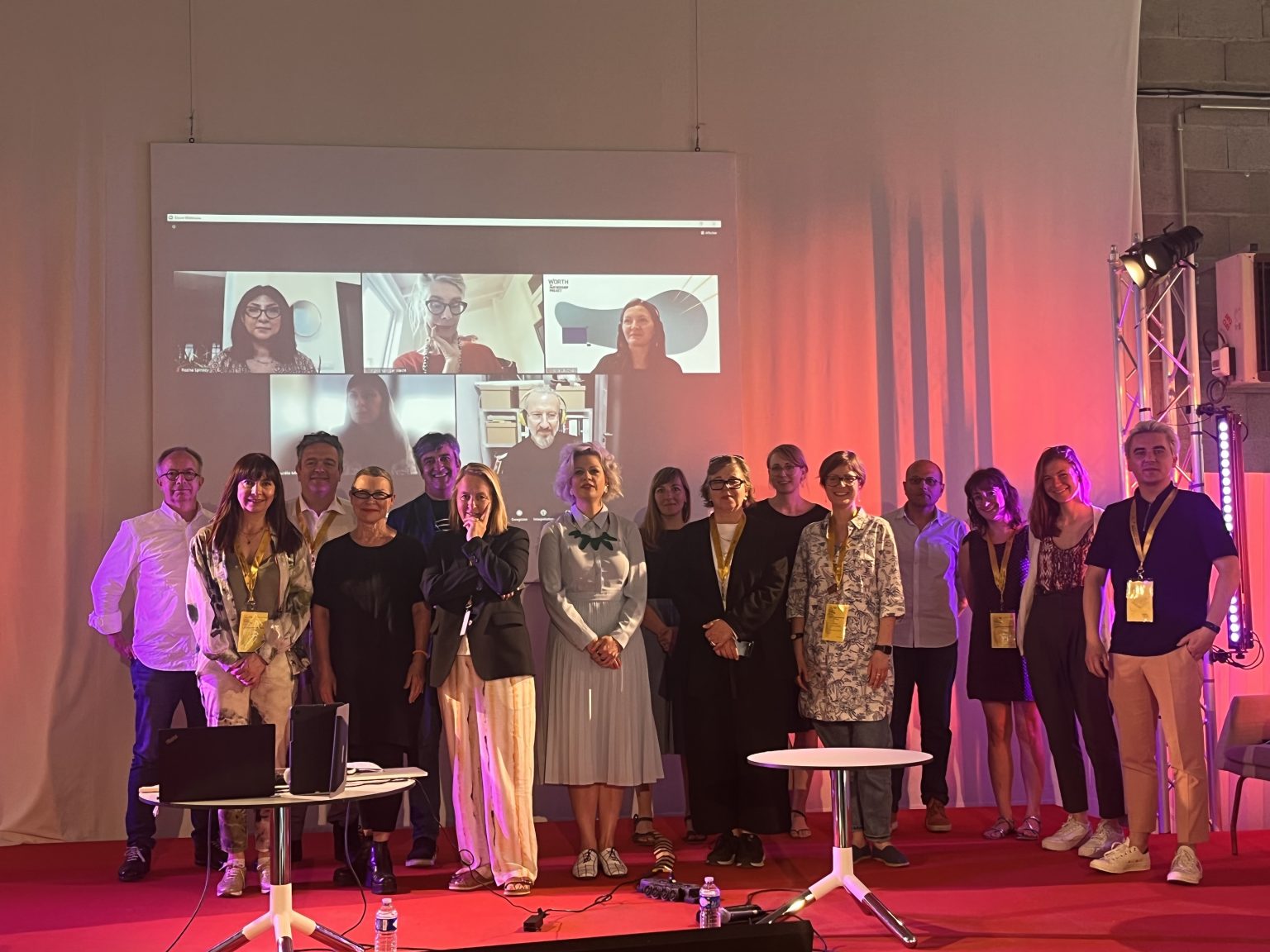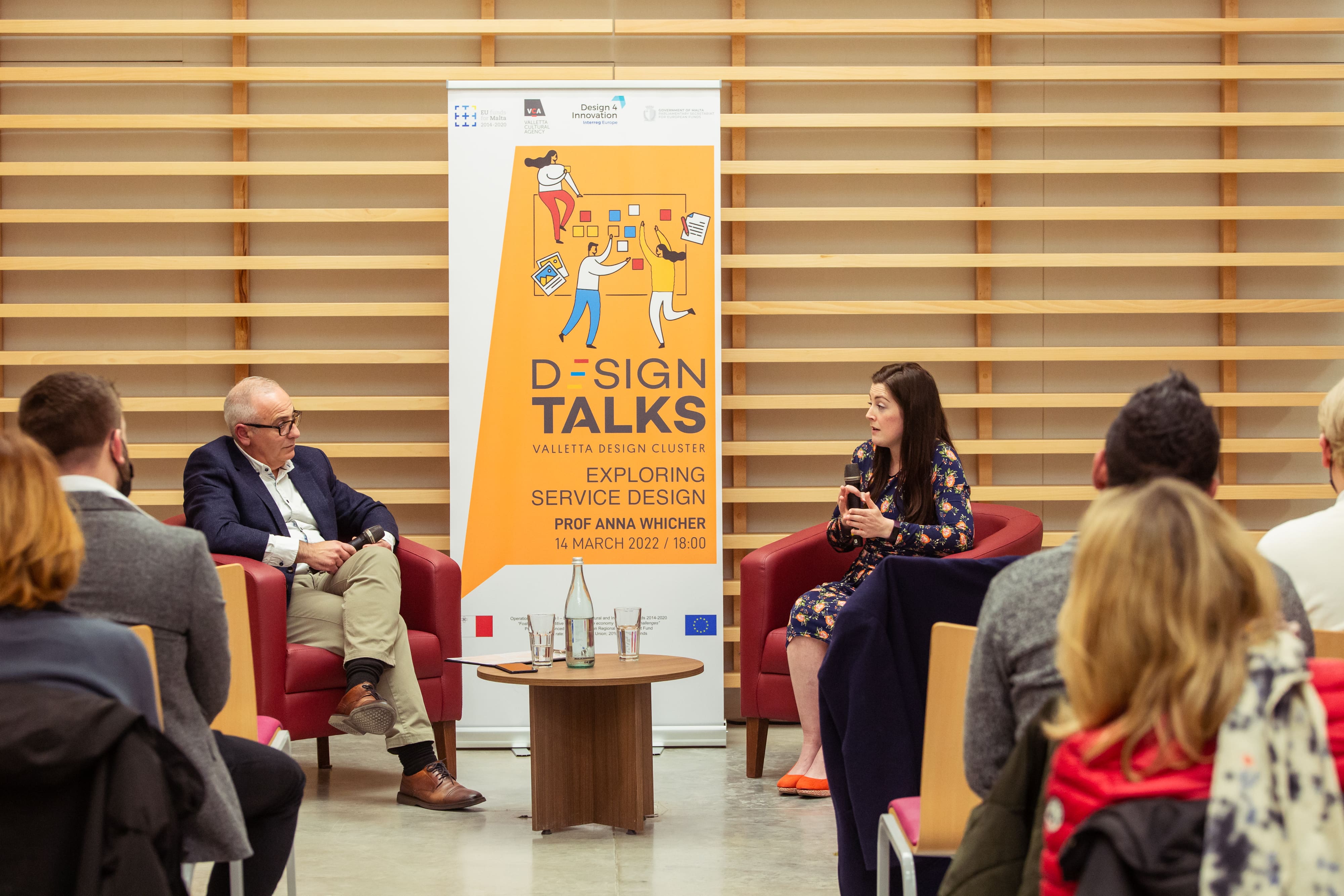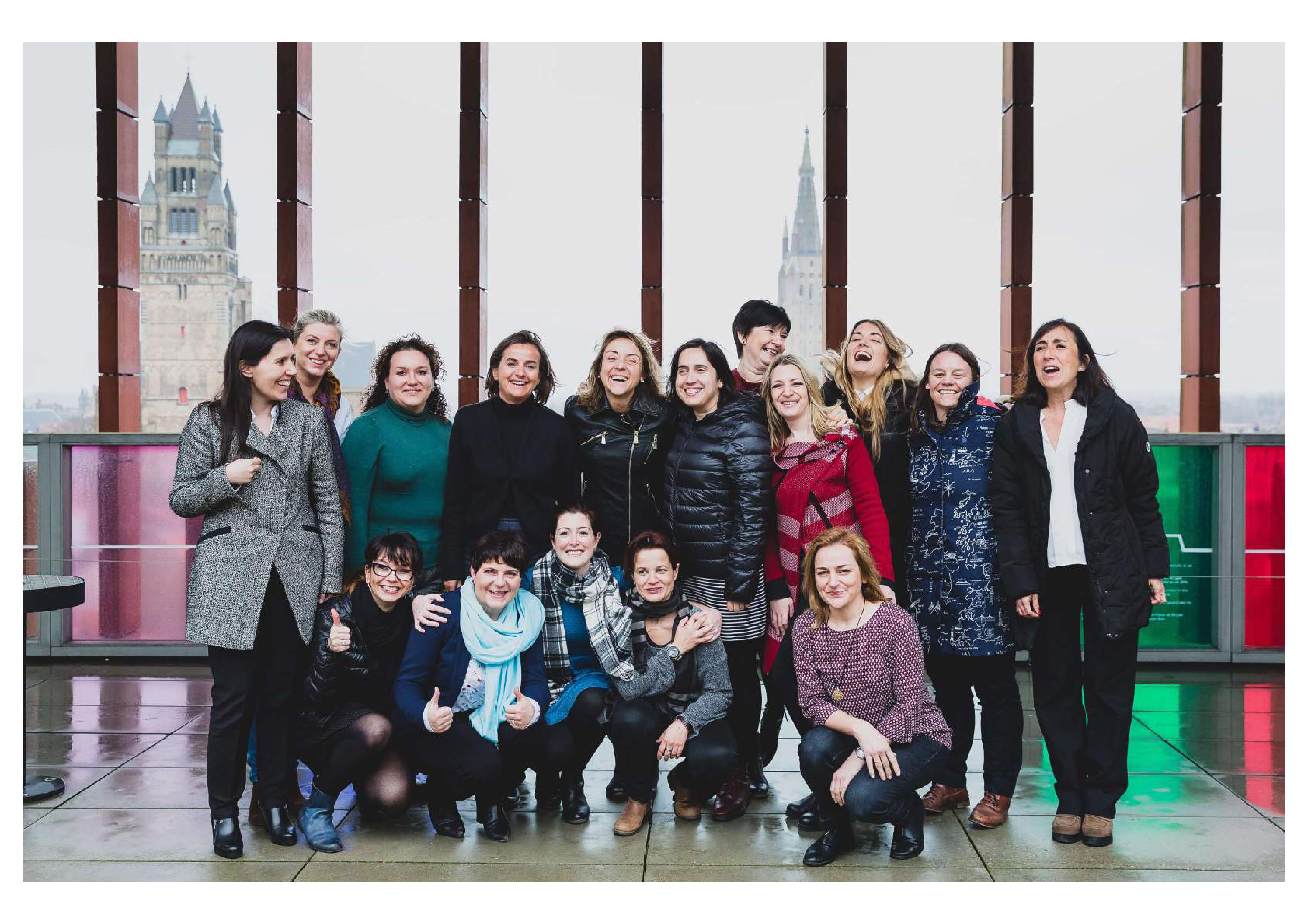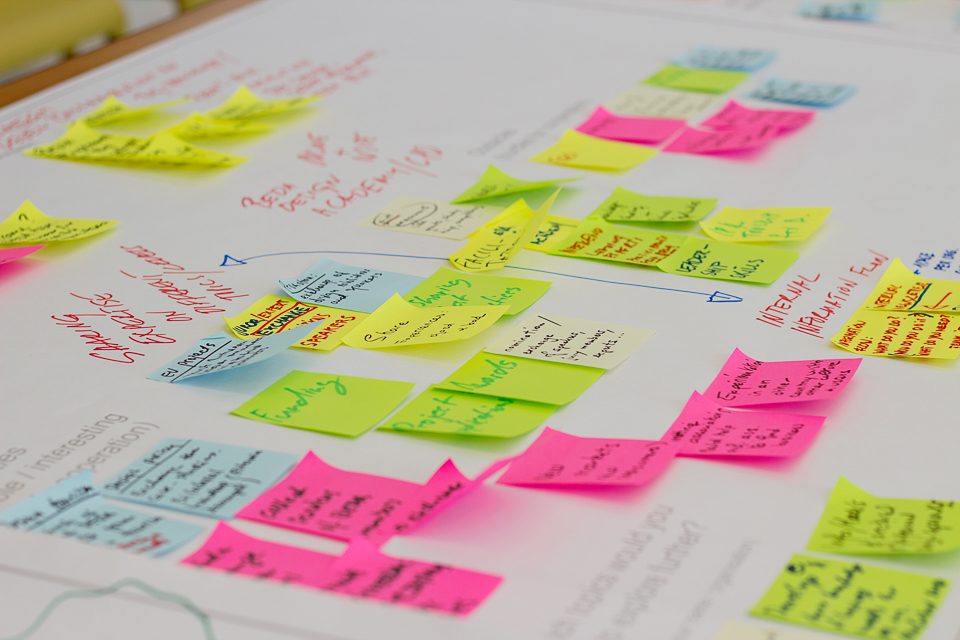The first Design4Innovation project meeting on 7th, 8th and 9th of March, kick-started a new interregional collaboration aiming to enhance SME competitiveness. The partners gathered in the historic city of Bruges for an event combining a Partnership Meeting, an interactive workshop with key stakeholders from partner regions and a study visit to three Flemish SMEs that have successfully used design for innovation. Our hosts – Flanders Innovation & Entrepreneurship organised every detail of the meeting to perfection and set the standard for the next project workshops.
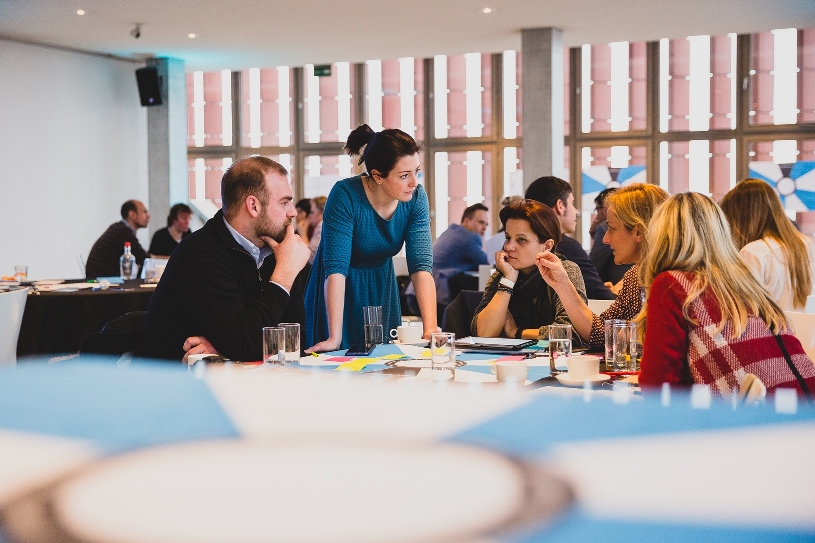
The Partnership Meeting started with a video call with our Policy and Finance Officers at the Joint Secretariat. Once again, they congratulated the partnership on developing a successful project proposal and wished a fruitful collaboration for the coming five years. Then Dr Anna Whicher, Design for Innovation Project Manager, summarized project goals and activities:
Through collaborative learning and hands-on workshops, Design for Innovation partners will co-create, iterate and finally develop and implement Design Action Plans with the aim to integrate design into innovation support programmes for SMEs. Subsequently we will monitor the implementation and SMEs using design to bring products and services to market. This will allow us to evaluate the impact and share the lessons learnt.
Throughout the course of the project, we will host 9 partnership meetings, 56 stakeholder group meetings and 57 dissemination events. We will develop 3 Policy Booklets, 16 case studies of best practice, 4 video case studies and of course 8 Design Action Plans. All this activities will contribute to achieving our target impact of supporting 1,600 SMEs (200 per partner region) in accessing support for design. For Dr Whicher, these ambitious goals are motivation to deliver best results:
We would like Design4Innovation to be a lighthouse project for INTERREG EUROPE and for the good practices to be disseminated through the Policy Learning Platform to reach governments across Europe.
Project partners reviewed also the communication strategy and financial requirements.
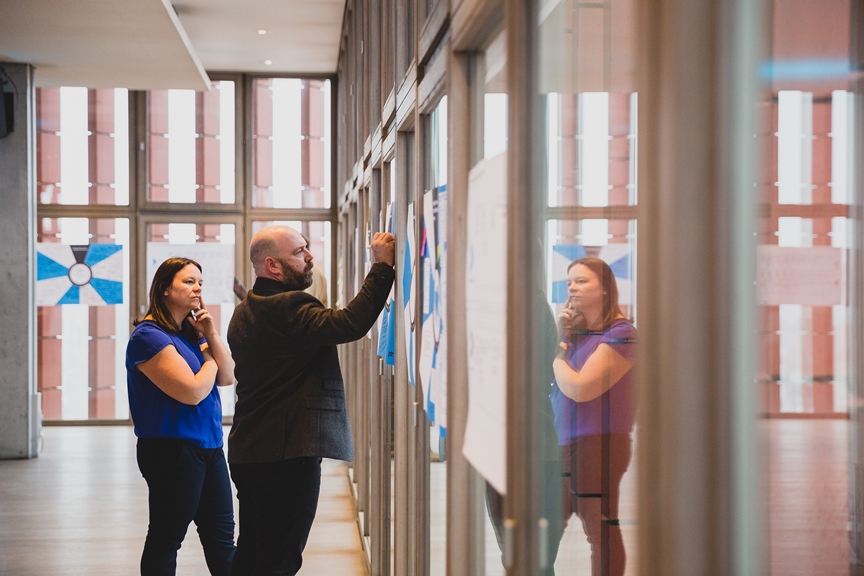
For the hands-on workshop ‘Mapping Design Ecosystems’, project partners were joined by policymakers and key stakeholders from their regions. Design Ecosystem is a theoretical concept that helps to understand the interplay between elements in a network influencing the state of innovativeness. The analysis of actors and relations between them can inform targeted actions to improve performance of the ecosystem.
Using graphic tools, partners mapped design innovation stakeholders and initiatives in their regions, identified systemic strengths and weaknesses and brainstormed initial ideas for how to tackle these weak points and capitalise on strengths. The propositions included among others the introduction of thematic innovation vouchers, SME-designer matchmaking services or mechanisms to support design graduates. Each partner will replicate the workshop in their region with a broader group of policy-makers, SMEs, designers, academics and business/innovation support organisations, to ensure wide representation and build consensus among stakeholders.
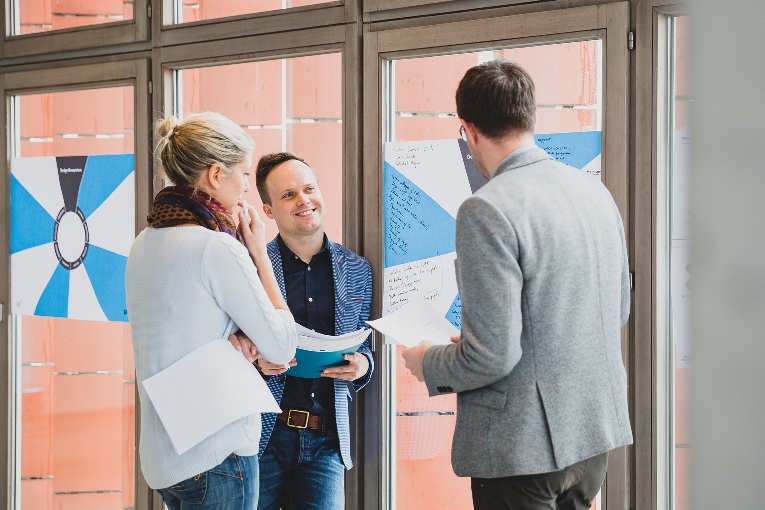
On the last day, we visited three Flemish companies that have accessed support scheme “SME Wallet” offered by Flanders Innovation & Entrepreneurship to introduce design-driven innovation. All three companies represented different industries (specialised furniture manufacturer, textile factory, piano manufacturer and distributor) and approaches to design and innovation. However, they all have the same goal “To be the best in their sector” and their stories showed how design can help to achieve that by adding value at multiple stages of product or service development.
All the partners inspired by the entrepreneurial Flemish are looking forward to our next exchange of experience workshop that is going to take place in Thessaloniki on 31st May and 1st June, hosted by KEPA – Business and Cultural Development Centre.
